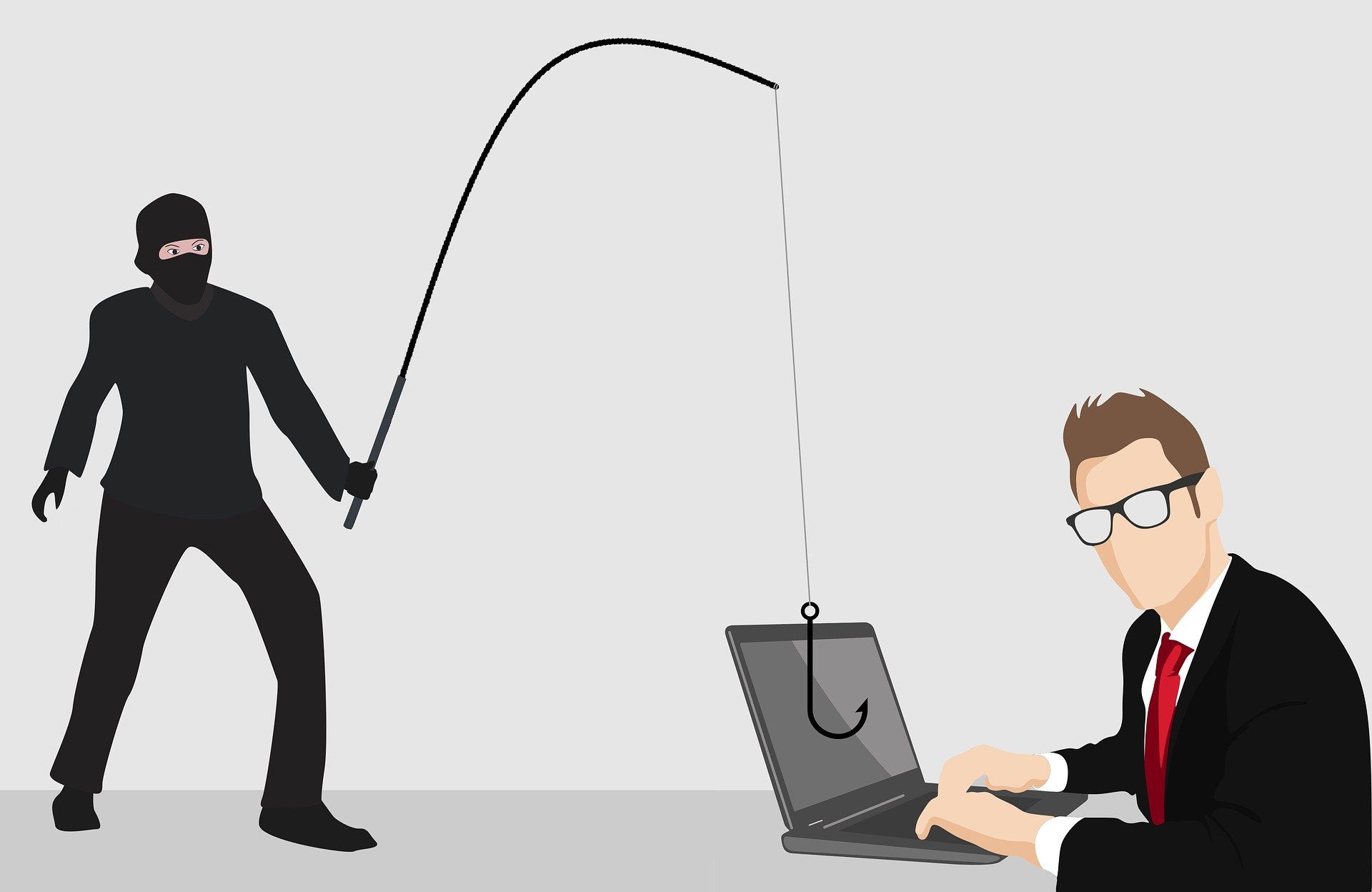Bank transfers are one of the most common ways to send money online. You should be careful, though, because plenty of risks are associated with paying in this way.
Fortunately, the financial services industry has been revolutionized in recent years. As such, you no longer need to rely on using your bank to transfer money to others.
So, why shouldn’t you pay via bank transfer? And what are these alternatives?
The Risks of Paying by Bank Transfer
Bank transfer is a common way for scammers to try and get a hold of your money. A scammer may try to “sell” you a tangible product, such as tickets for a darts tournament or music concert.
On eBay, a scammer might attempt to sell you something not covered by the Money Back Guarantee. These include vehicles, real estate, and services. Once you’ve paid for these, you’re likely going to have a hard time getting your money back.
Another risk of paying by bank transfer is that sometimes, payments are misdirected. If this is a manual error on your part, the chances are that you won’t see that money again anytime soon.
Bank Transfer Alternatives
Right now, you should be wondering how to pay in other ways to bank transfer. Fortunately, there are plenty of alternatives.
Here are some of the most popular and safest payment methods you can considering using instead.
1. PayPal
PayPal is the most popular digital wallet service in the world, with well over 300 million users. And beyond convenience, another reason it’s so widely used is because of how safe it is.
Along with being accepted at a large number of online stores, you can also use PayPal to make purchases on eBay.
To pay with PayPal, all you need to do is supply the email address associated with your account. You can add funds directly from your bank and withdraw in the same way.
The pros of using PayPal include:
- Fast online transfers.
- The option to send and receive money in numerous currencies.
- Easy to set up an account.
There are a few cons, though, that you should consider before using PayPal. These include:
- Large exchange fees.
- You’re still not fully protected from the risk of scammers.
2. Cash
If you’re buying something from somebody locally, cash payments are a great alternative to bank transfers. Using physical money eliminates the risks of getting scammed online and gives the other person no place to hide.
Simply put, a scammer is unlikely to want to meet you to collect your money in real life.
The pros of using cash to pay for items on eBay include:
- Make sure you pay the correct amount.
- No need to have a bank account in the first place.
- No hidden fees.
Using cash could be considered somewhat outdated, so there are naturally a few cons to consider. These are:
- If you don’t have money on hand, you’ll need to withdraw it from an ATM.
- Paying with cash is only an option for local sales.
- The seller might not be willing to accept cash payments.
3. Western Union
If you’re sending money internationally, Western Union is a handy alternative to cash payments. The payment method has long been used by people living abroad to send money back to their families in their home country.
To use Western Union, you’ll need to go to a kiosk and pay a fee—along with handing them the money.
This payment method has various advantages compared to bank transfers, including:
- Widespread availability.
- Generally speaking, Western Union is reliable.
- The recipient doesn’t need a bank account.
While Western Union has been around for a decade-and-a-half, there are numerous cons to think about. The most notable ones are:
- Sending money with Western Union is expensive, and exchange rates are often low.
- Again, scammers still use Western Union to steal other people’s money.
4. Digital Banks
Since the mid-2010s, digital banks have begun challenging traditional institutions.
They’re easy to identify. Often mobile-only, you’ll also most likely get a brightly-colored credit card when you become a member of these services.
The pros of using digital banks to send money include:
- Helpful customer support teams.
- Fast online transfers.
- Fair foreign exchange rates and fewer fees for international transactions.
There are, however, a few cons related to using this service:
- Though digital banks are safe, you could be subjected to phishing and other security breaches.
- A limited range of services compared to traditional banks.
5. Saying No
If you feel like you’re being scammed online, there is always an alternative to the above: saying no.
You do not need to give your money to anyone if you feel unsafe, nor should you feel pressured to do so.
Are there any cons associated with saying no? Well, one. Maybe.
You might not get your item if you say no—if one even existed in the first place.
Signs You’re Being Scammed Online
Regardless of how you pay online, you might find yourself in a situation where someone is trying to scam you. As such, it’s a good idea to familiarize yourself with standard practices, so you can stop this from happening.
Here are some of the top signs that someone is trying to steal your money online.
The Offer Seems Too Good to Be True
Is someone offering you an all-expenses-paid cruise around the Caribbean for $10? Bad news—either your transport method is questionable, or the package doesn’t exist.
The term “too good to be true” exists for a reason. Most of the time, items sold far below the retail price either aren’t getting shipped to you or will get to you in a highly damaged state. Alternatively, they may be counterfeit.
Someone Tries to Get You to Pay Outside of the Marketplace or Website
As annoying as they are, scammers often know what they’re doing. If you’re paying for an item on eBay, they might ask you to complete your transaction outside the platform.
If you oblige, eBay won’t be able to do much if the person “selling” you an item disappears.
Asking For an Advance Fee
Another common online scam is asking for an advance fee. This is often small, which is why it might catch you off-guard. A scammer will ask for you to send this fee in return for a bigger promise.
Once you’ve sent the money, they conveniently drop off the radar.
Protect Yourself and Your Money
Online scams are an unfortunate reality, but you don’t need to fall victim to them. One of the best ways to protect yourself is by avoiding bank transfers where possible, opting for safer payment methods.
With that being said, all online payments pose a small risk, at least. It’s wise to familiarize yourself with common online scams. Once you’ve done that, you can protect yourself in case someone tries to trick you.



